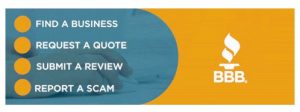
Column. BBB Warning: False Advertising, Price Gouging is Unfair, Illegal
Government officials, news outlets, and health officials are keeping the public apprised of the COVID-19 situation, and consumers are finding the cost of high-demand items, such as hand sanitizers, tissues, face masks, and other products, are skyrocketing. Over the last few weeks, the Better Business Bureau received reports from consumers about the frequency of scams involving these items and fake cures. Now, state attorneys general offices may initiate the state price-gouging laws, which will automatically go into effect during a declared state of emergency. It would prevent businesses from overcharging customers who are preparing to take preventive measures from getting sick.
Price gouging is a term referring to when a seller spikes the prices of goods, services, or commodities to a level much higher than is considered reasonable or fair and is considered exploitative, potentially to an unethical extent. The best way to avoid price gouging is to plan and have the necessary supplies you need on hand.
BBB warns businesses to avoid the temptation to raise prices during a situation such as a storm or a pandemic because it may be illegal to do so in individual states and because it erodes marketplace trust. Consumers will remember which businesses took advantage of them during a storm.
“Not only could price gouging be considered illegal during a declared state of emergency,” Mechele Agbayani Mills, President, and CEO of BBB Serving Central East Texas. “It’s also not a community-friendly practice.”
Anyone who suspects price gouging during a declared state of emergency should report it to Better Business Bureau by filing a complaint, or to BBB Ad Truth. Consumers have an option to report these activities to the state attorney general’s office. When reporting a price-gouging claim, gather as much information as safely possible, and follow these three tips:
· Be as specific about the transaction as possible, including the name and address of the business, names of any employees involved, and information detailing the spike in pricing.
· Gather together documentation supporting the price gouging (receipts, photos of products and their advertised pricing, invoices, etc.)
· Compare the pricing of similar products with other sellers in the area as well as online. It’s important to note similarities and differences between brands, size/quantity, manufacturers, model numbers, and prices.
For more information on how you can build a better business and how to be a savvy consumer, go to bbb.org. For more information, COVID-19, visit bbb.org/coronavirus.
About BBB: BBB is a nonprofit, business-supported organization that sets and upholds high standards for fair and honest business behavior. Most BBB services to consumers are free of charge. BBB provides objective advice, free BBB Business Profiles on more than 5.3 million companies, 11,000 charity reviews, dispute resolution services, alerts and educational information on topics affecting marketplace trust. Visit bbb.org for more details. There are over 100 local, independent BBBs across the United States, Canada, and Mexico, including BBB Serving Central East Texas, founded in 1985, and it serves 19 counties.
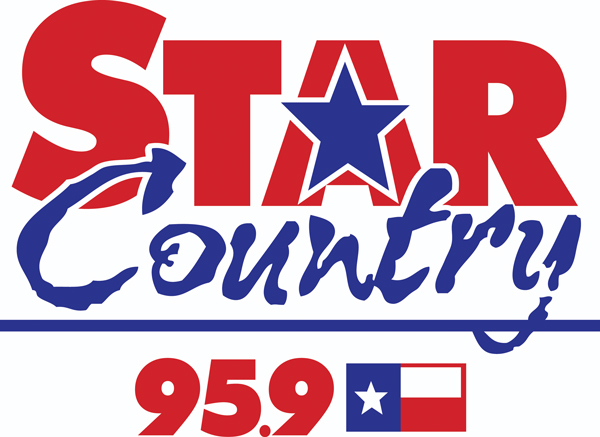
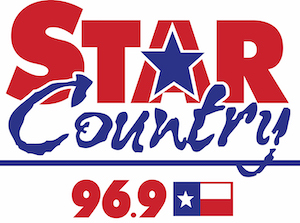
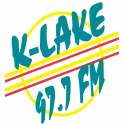
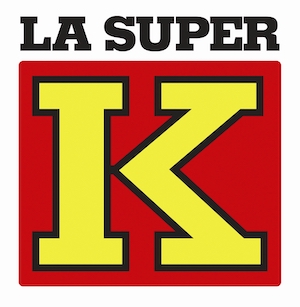
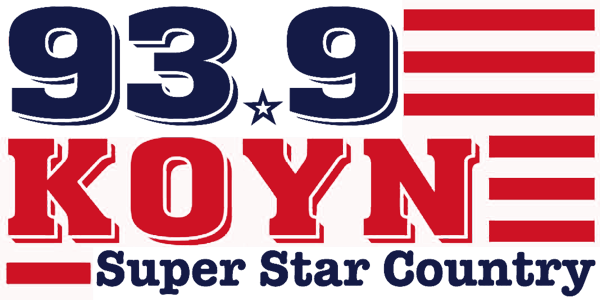
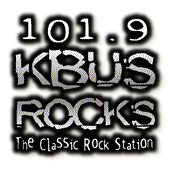
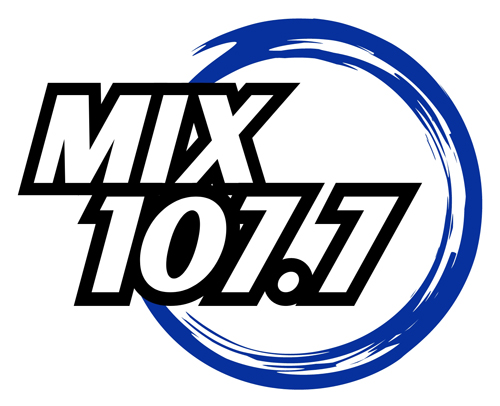
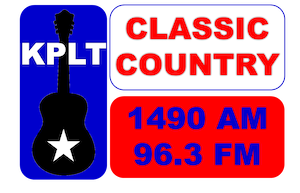
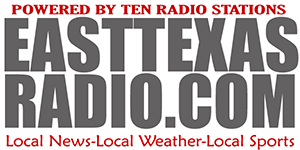 EastTexasRadio.com Powered by Ten Stations
EastTexasRadio.com Powered by Ten Stations




